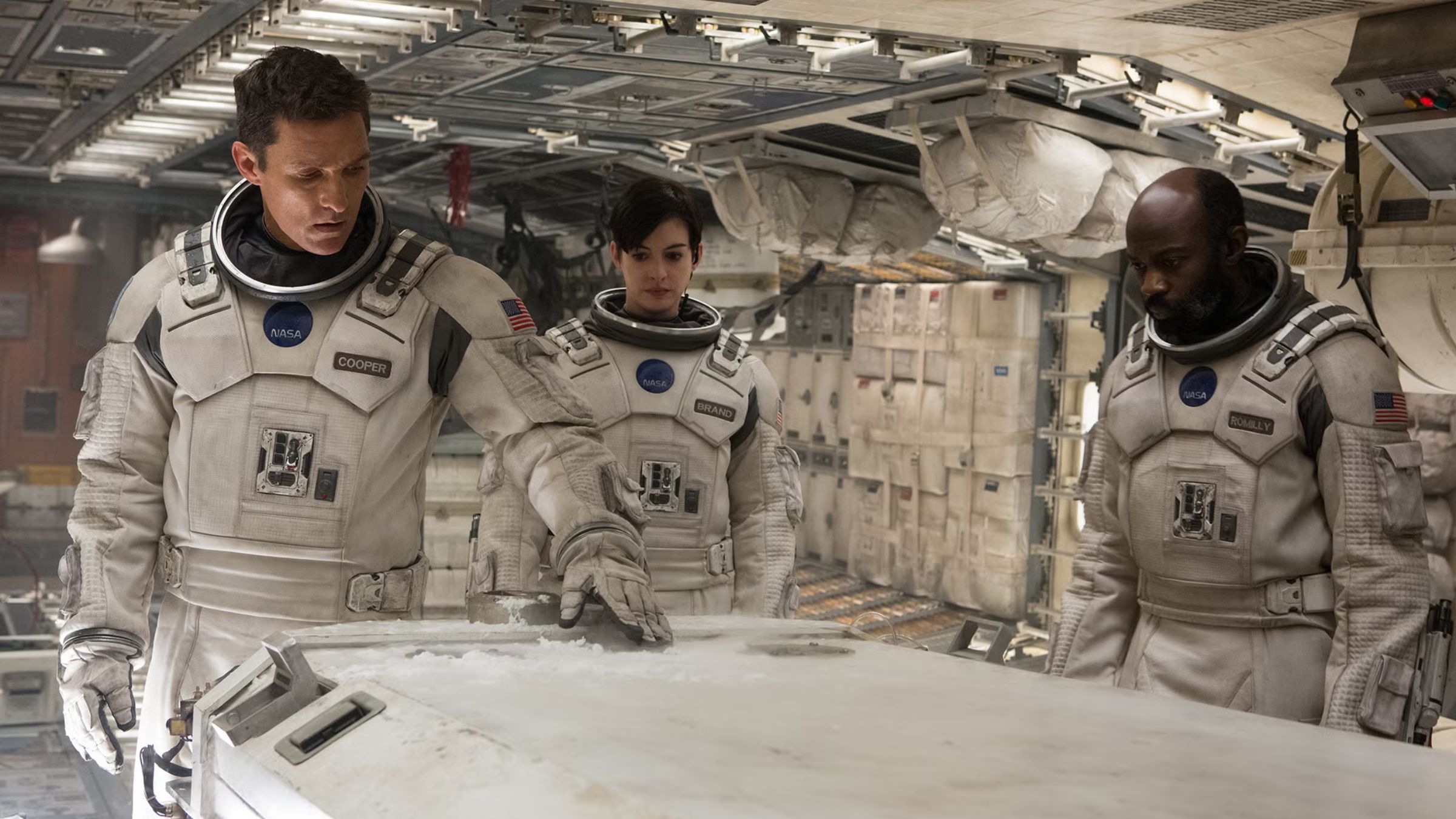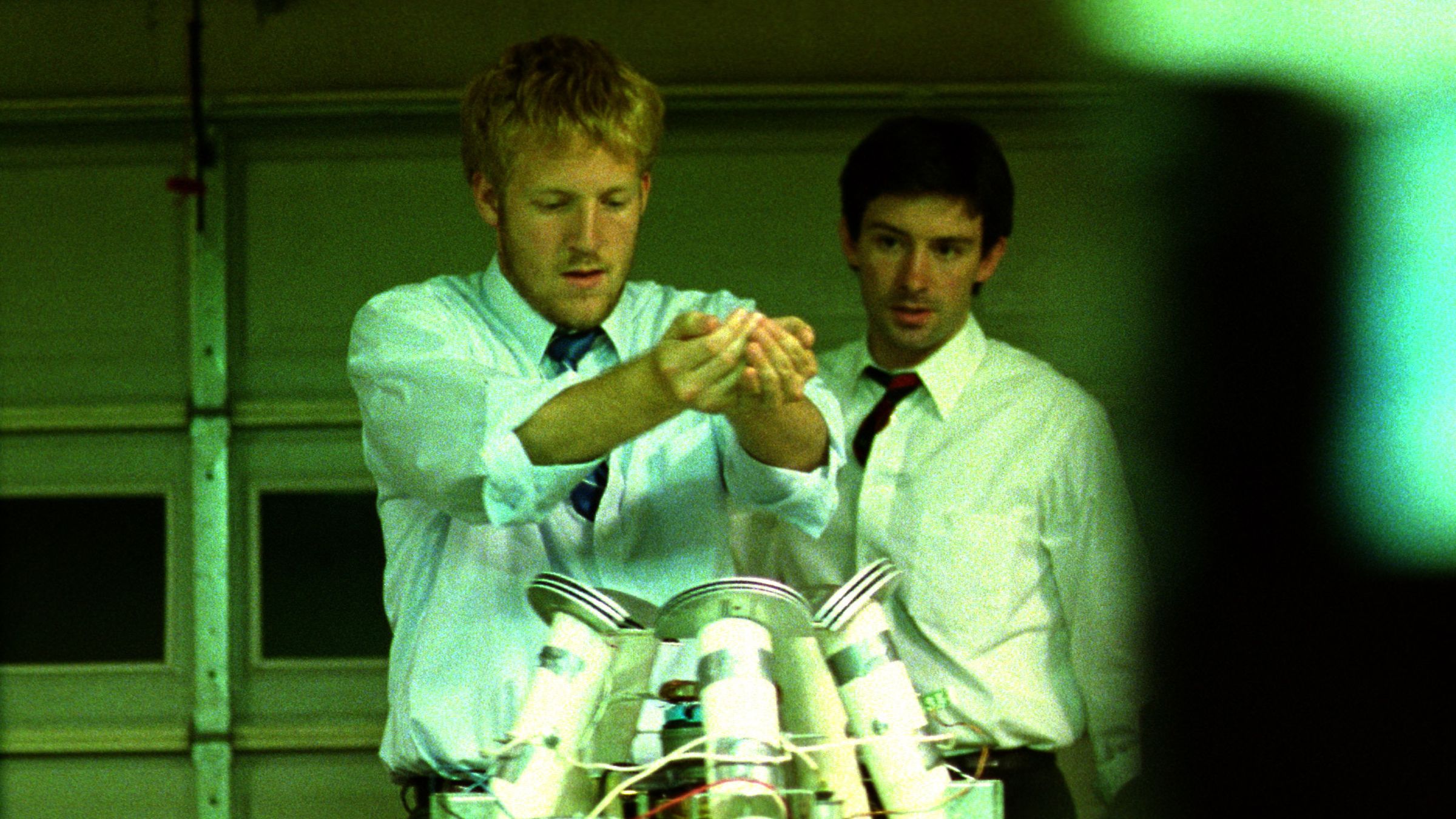
Time travel makes for exciting sci-fi movies, but it’s a tricky concept to get right. Some films, like Donnie Darko and Looper, create complex timelines and paradoxes that, while confusing, still feel internally consistent. Others, such as Avengers: Endgame and Back to the Future Part II, are visually impressive and entertaining, but viewers often question whether their time travel logic truly works. Then there are movies that thoughtfully consider the rules of physics and cause-and-effect, avoiding plot holes and demonstrating that time travel can be more than just a plot device.
Here are four well-made time travel movies that establish clear rules for how time travel works in their stories, and remain grounded in scientific plausibility.
4) Predestination

The movie Predestination doesn’t bother explaining how its time travel works, and that’s okay. The story is so well-constructed and logical that it all just clicks. It follows a time agent attempting to prevent a bombing, but he soon realizes his own fate is intertwined with the events he’s trying to change. It’s a really clever sci-fi thriller—a story where everything happens for a reason, and time travel isn’t just used for cheap thrills.
The plot of Predestination can be tricky to follow, but it’s surprisingly consistent and makes perfect sense within its own rules. Most time travel movies stumble with plot holes, but this one avoids that. The protagonist’s actions all fit together in a logical loop without becoming overly complicated. It’s a great example of how to explore time travel in a way that feels scientifically sound without getting bogged down in technical details.
3) The Terminator

Though it’s a classic ’80s film, The Terminator is surprisingly thoughtful when it comes to time travel. Unlike many movies that simply use a futuristic device, The Terminator explores the consequences of altering the past. The story centers around a cyborg sent back in time to prevent the birth of a future resistance leader, creating a classic grandfather paradox – changing the past could erase your own present. The film doesn’t bother explaining how time travel works, and that’s okay, because its depiction of cause and effect is very well-reasoned.
The suspense in the movie isn’t about the technology; it’s about what happens when you try to change the past. Every decision the characters make has a ripple effect on the future, and the film acknowledges this – that’s what makes it so effective. The Terminator realistically portrays the consequences of altering time, making it more believable than many action movies from that time period.
2) Interstellar

Christopher Nolan’s films are often complex, but Interstellar is surprisingly easy to follow. It’s also remarkably ambitious in its scientific accuracy, exploring the possibilities of time travel in a realistic way. The movie centers on a NASA pilot and his crew searching for a new planet for humans to live on. They discover a planet orbiting a black hole where time passes much slower – one hour there is equivalent to seven years on Earth. This isn’t just a special effect; it’s based on real physics. Time genuinely slows down in strong gravitational fields, and the film demonstrates this concept clearly.
What makes Interstellar so compelling is how it transforms the story into a thrilling race against the clock, and powerfully conveys the emotional weight of accurate scientific principles. The film remains popular because it prioritizes scientific precision – the black holes and wormholes aren’t made up, but based on real physics. Rather than inventing rules for time, Interstellar visually explains Einstein’s theory of relativity in a way that’s easy to understand. Even its more imaginative concepts, like the tesseract, are rooted in established ideas from relativity and modern physics.
1) Primer

For a truly logical and believable take on time travel, look no further than Primer. Though made with a small budget and an independent style, the film succeeds by portraying time travel as a complex engineering challenge, not a fantastical one. The story follows two engineers who stumble upon time travel and spend the entire movie navigating paradoxes, using charts and data to understand the results of each journey. It’s a smart, detail-oriented science fiction film – the kind of technical precision the genre seldom achieves, where the science itself is perfectly consistent.
The film demonstrates that even small actions can have unforeseen consequences, creating a complex web of cause and effect. Every choice matters, and the story unfolds like a challenging puzzle. Unlike many movies, it portrays time travel as dangerous, complicated, and draining – both physically and mentally. It demands close attention; the film doesn’t spoon-feed explanations, requiring viewers to actively piece together the details and logic as if they were participating in the experiment themselves. However, Primer excels in this approach, establishing a high standard for time travel narratives. The science isn’t just a backdrop; it’s central to the plot, and everything ultimately aligns in a logical and believable manner.
https://comicbook.com/movies/news/10-great-time-travel-movies-that-really-need-a-sequel/embed/#
Read More
- How to Get the Bloodfeather Set in Enshrouded
- Best Controller Settings for ARC Raiders
- Every Targaryen Death in Game of Thrones, House of the Dragon & AKOTSK, Ranked
- 4 TV Shows To Watch While You Wait for Wednesday Season 3
- Where Winds Meet: How To Defeat Shadow Puppeteer (Boss Guide)
- Battlefield 6 Season 2 Update Is Live, Here Are the Full Patch Notes
- The Pitt Season 2, Episode 7 Recap: Abbot’s Return To PTMC Shakes Things Up
- The Best Members of the Flash Family
- Dan Da Dan Chapter 226 Release Date & Where to Read
- Duffer Brothers Discuss ‘Stranger Things’ Season 1 Vecna Theory
2025-11-02 01:12